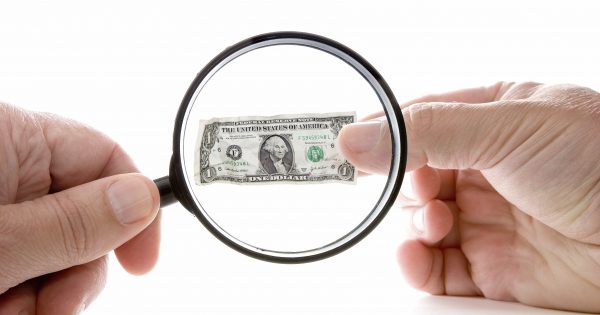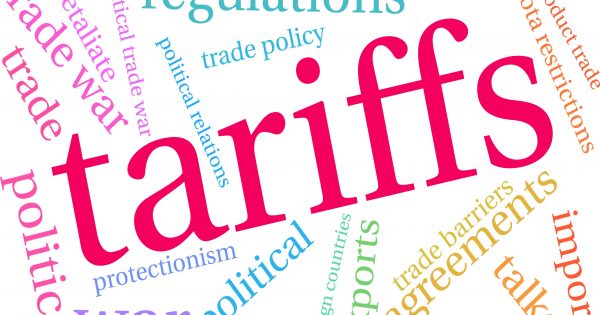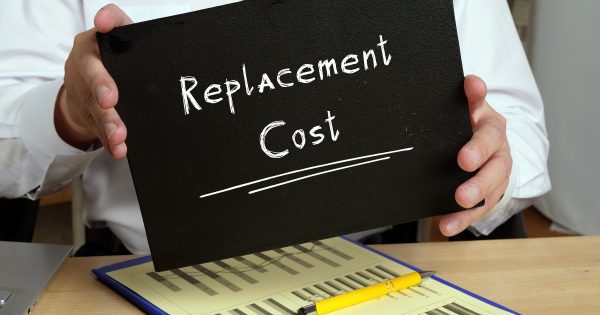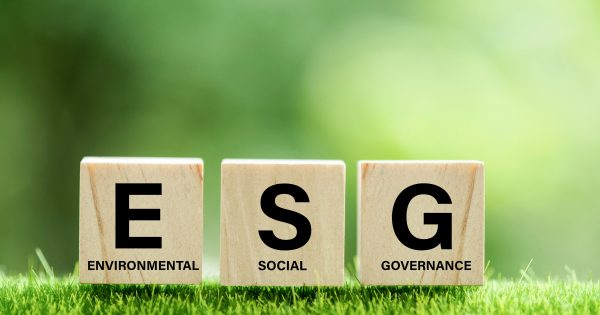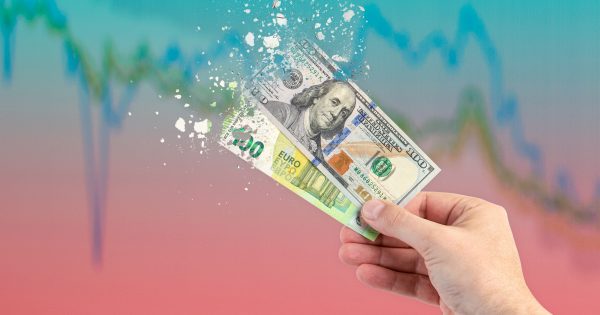
Sigma Signals
With a likely profitability recession looming, the valuation on the S&P 500 is now less favorable (green to yellow). China and India are building new coal fired electric plants while Germany recently announced it is restarting its plants. This could influence energy policy in the US and the rest of the globe as energy security … Continued

